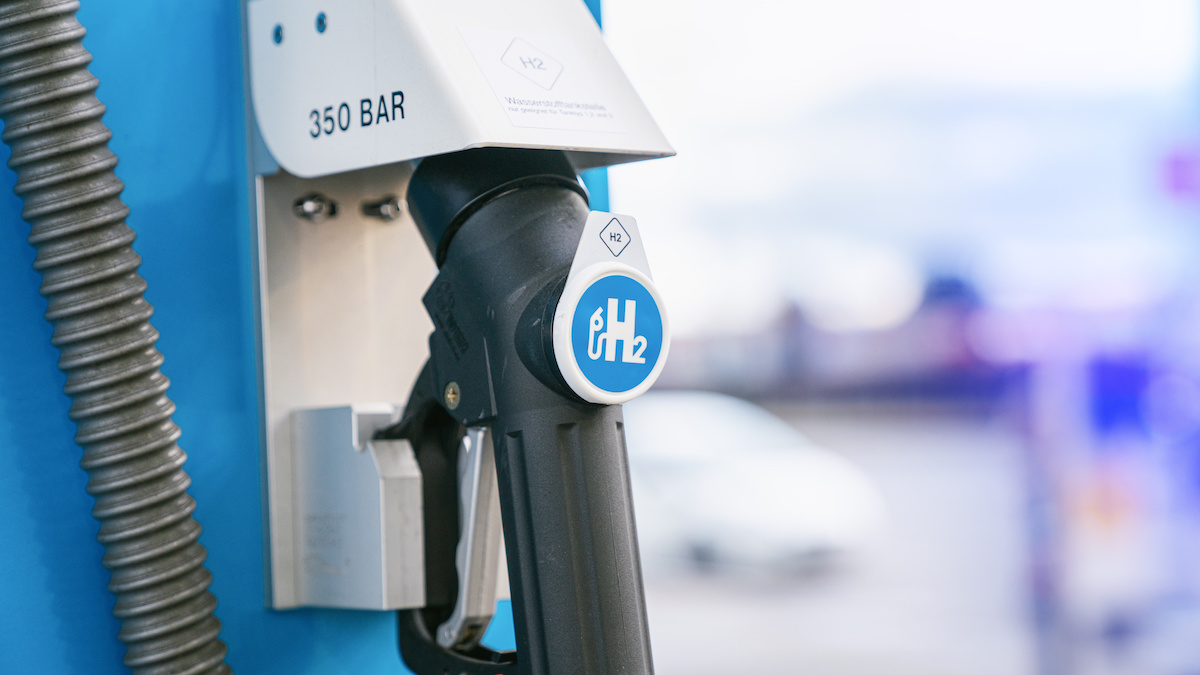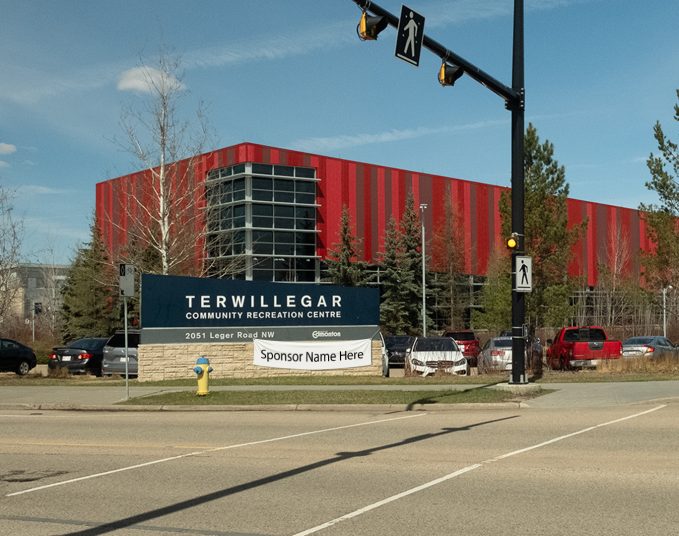Late last year, the City of Edmonton received a request from Edmonton Transit Service (ETS) for the purchase of 40 hydrogen-powered buses. The request came in support of the City’s effort to green its fleet of transit vehicles and on the heels of a decidedly not-so-stellar winter performance by the battery-powered buses the City had purchased previously.
The request was denied. After much hoopla about the need to lower emissions and after touting the promise of a burgeoning hydrogen economy, the price of the hydrogen buses proved too high for a budget-constrained council. So, instead of the 40 hydrogen buses ETS requested, it got 20 substantially cheaper (and dirtier) diesel buses.
But just because Edmonton poo-pooed that acquisition back in 2023 doesn’t mean its given up on a blue-fuelled fleet altogether. Quite the opposite, actually, as the City is now in the process of implementing a project that will look into adopting hydrogen as a fuel source for another area of the City’s vehicular assets.
On May 23, just a month after it was announced at the Canadian Hydrogen Convention that a grant application from the City had been approved by Emissions Reduction Alberta (ERA). Administration in charge of the AZEFF project went before the City’s executive committee requesting approval to begin next steps on the project.
AZEFF stands for Alberta Zero-Emissions Fleet Fuelling project. It’s being funded to the tune of $6.9 million from the province — with an additional $20.6 million from the City, $17.9 million of which will be in-kind contributions of existing assets — and is seeking to test the viability of using hydrogen to fuel the City’s heavy-duty vehicles from transit buses (maybe ETS will get its wish, after all) to Class 8 semi-trucks, dump trucks, plows and more.
“The goal of the project is to explore hydrogen vehicle technology while gathering valuable data to support decision making for lower emission vehicles in the future,” said Arjun Sharma, branch manager of Fleet and Facility Services with the City of Edmonton.
But making that type of decision — which the City knows come with a hefty price tag — isn’t something done on a whim. If the City has learned anything from its experience with cold-weather and EVs, it’s to test, test and test some more. So, that’s what the project will do.
The AZEFF project will look at several hydrogen-based technologies — from hydrogen/diesel dual-fuel models to hydrogen internal combustion and fuel cell technology — and determine which has the most practicality when it comes to emissions reduction, performance, fuel usage and sustainability for widespread adoption.
The City’s hope is to be able to find at least one viable pathway for implementing hydrogen technology into the city’s fleet as part of its broader efforts to achieve lower emissions.
“…Carbon reduction efforts must go hand-in-hand with operational service delivery that we are responsible for as an organization,” said Sharma. “Our strategy is to consider a wide range of lower emissions options and test them before making large scale purchases and deployment.”
Savvy AF. Blunt AF. Edmonton AF.




